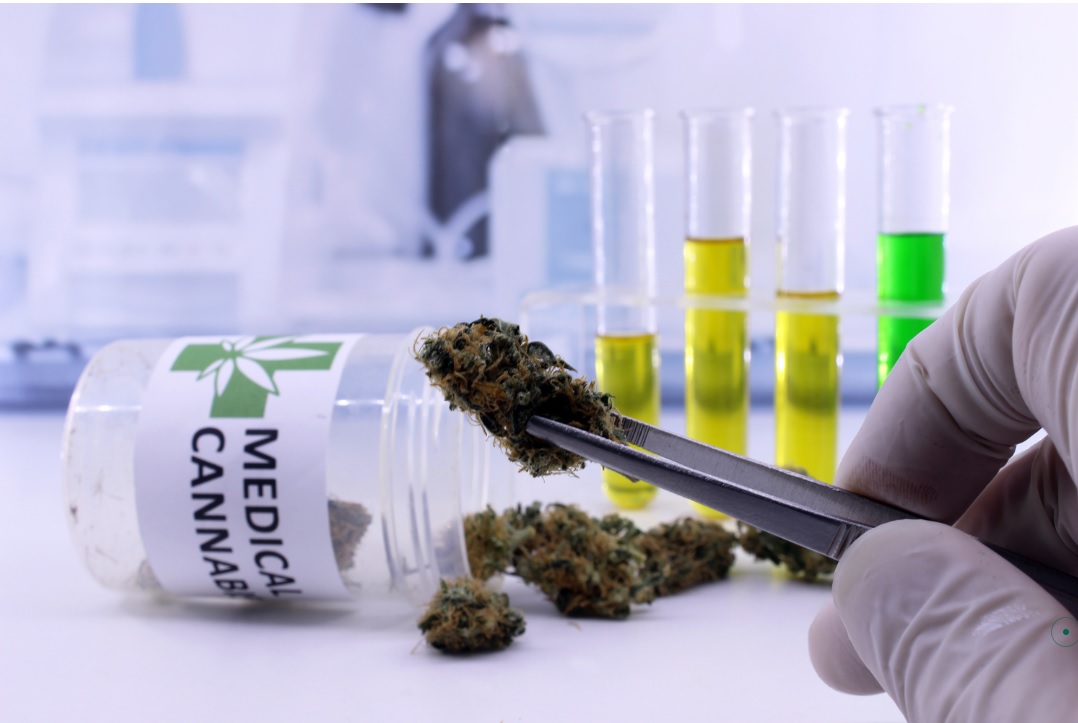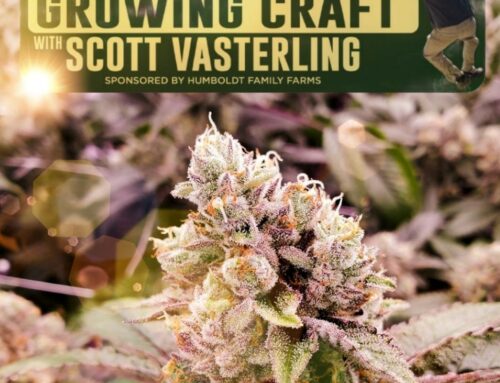The Startling Discrepancy: Maine’s Cannabis Testing Reveals A Concerning Trend
LOS ANGELES- In an alarming revelation, a study from Nova Analytic Labs based in Portland, Maine, underscores the lurking dangers in the state’s medical cannabis program. The findings reveal a staggering discrepancy between contamination rates in adult-use cannabis and voluntary/medical samples, raising pressing questions about patient safety and the need for stringent testing regulations.
The Numbers Tell a Worrying Tale
Nova Analytic Labs assessed roughly 3,200 adult-use compliance samples and 1,400 voluntary/medical samples between March 2022 and June 2023. Their results are telling:
- Adult-use samples recorded a 3.82% failure rate.
- Shockingly, the voluntary/medical samples demonstrated a 20.73% failure rate, spotlighting glaring safety concerns.
Chris Altomare, CEO and co-founder of Nova Analytic Labs, informed Global Cannabis Times, “While Maine mandates testing of adult-use cannabis for harmful contaminants such as pesticides, the same rigor isn’t applied to its medical cannabis program.”
The Pesticide Problem
Among the top five pesticides unearthed in the voluntary/medical samples:
- Myclobutanil (Eagle 20): Known to produce hazardous fumes when heated, such as cyanide and carbon monoxide.
- Piperonyl butoxide, Bifenthrin, Bifenazate, and Imidacloprid: Each pesticide carries distinct health threats.
The concern isn’t just about these pesticides’ mere presence but their implications. Altomare emphasized the concerning ~17% discrepancy in the failure rates between the adult-use and voluntarily submitted samples. “With almost 21% of the voluntary samples tainted with pesticides, it’s disheartening to think that the real percentage, considering these samples were given by conscientious operators, might be even more alarming,” he added.
The State Confirms the Threat
Maine’s Office of Cannabis Policy corroborated these findings. Upon examining 127 medical cannabis samples with the same testing standards used for recreational products, a troubling 45% would have been flagged for containing banned substances, as reported by the Press Herald.
The call for action is evident. Altomare rightly asserts, “Testing is the bedrock of ensuring cannabis safety. Even in the absence of intentional pesticide application, environmental contamination can inadvertently taint the plant.” The gravity of the situation is highlighted by the fact that many of the identified pesticides can pose grave health risks.
A Call to Action
Maine’s medical cannabis patients find themselves at a crossroads. As Altomare puts it, “With each consumption of untested cannabis, they’re potentially putting their health on the line.”
In light of these findings, there’s an urgent need for Maine to revamp its testing protocols and ensure that medical cannabis users aren’t unwittingly compromising their health. It’s a matter of safety, trust, and the very sanctity of medical interventions.




































